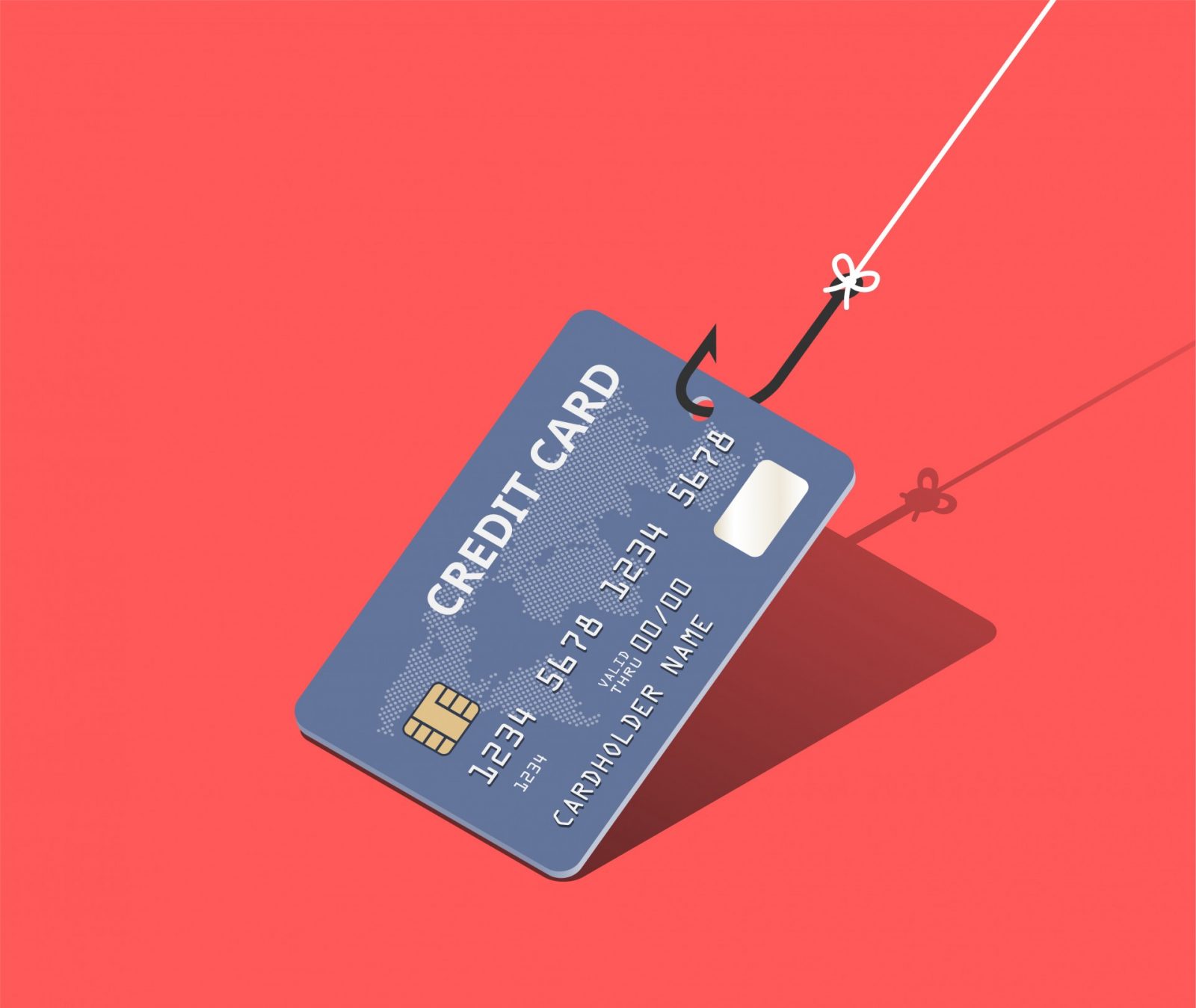The More You Know: Nonprofit cautions about COVID-19 related scams

In the day and age of digital connectivity, scams are becoming more and more an issue. Not only are they simply becoming more prevalent, they are becoming more difficult to recognize and track down. From email phishes to telemarketer robocalls, it seems they are coming in every direction.
And, unfortunately, not even social distancing can stop the scams from flowing in. However, The Senior Source, a nonprofit in Dallas, Texas, has released some helpful tips and information to being more aware of these scams, the tactics they might use, and even red flags to help identify the early signs of a scam.
Phone/In-Person Scams
Robocalls, provider scams, testing scams, and treatment scams are all potential forms the Senior Source warns folks to know about. Robocalls are when a company uses a machine to make calls, pose as the IRS or Medicare, and attempt to profit off fears of COVID-19. If you receive one of these calls and are unsure if it was truly the IRS or not, call the IRS customer service line at 1-800-829-1040,
Provider scams, writes Senior Source, are phone calls from fake doctors claiming to have provided medical assistance to a loved one or someone you know and then demand payment. One of the red flags to be aware of during these potential scams is urgency; such as trying to get you to make a payment right now.
Testing scams and treatment scams are similar, but with subtle differences. Testing scams have been reported to be people in lab coats going door-to-door, claiming to be a health care professional, and selling fake COVID-19 tests. Treatment scams falls in the same category, however, they are selling fake COVID-19-related treatments door-to-door. It’s worth noting that the only current known treatment for COVID-19 is professional medical assistance from a licensed doctor working in a hospital. Additionally, if you are concerned about symptoms you might be showing, visit this site for more details and contact a medical professional.
BROUGHT TO YOU BY
Financial Scams
While most scams are considered financial scams, as the end goal is ultimately to take your money, Senior Source warns about four specifically during the outbreak: supply scams, charity scams, and romance scams.
Supply scams are people creating a fake website, company, or shop to sell high-demand items like hand sanitizer, toilet paper, and face masks. Once a purchase is made, the Senior Source warns these companies might just pocket the money and provide nothing in return. These supply scams can also be found through social media and email.
Charity scams are a little more self-explanatory. Rather than setting up a fake business to sell items, these fake charities and nonprofits designed to collect donations for COVID-19. But, just like the supply scams, these fake charities and nonprofits will pocket the donations. A red flag to be aware of here is the notion that “everyone is doing it.” If you are interested in helping out a nonprofit or charity in Columbus, check out the Point App where you can find volunteer opportunities, or donate to the nonprofit of your choice.
The final of the three, romance scams, is when a fake social media account is created to earn the trust, affection, and eventual funds of an unsuspecting person.
Malware Scams
Phishing scams and app scams are two different ways a scammer might be able to download malware onto devices which can be used to download personal information. Senior Source says to check sources to ensure the company or app is a reliable business.
Phishing scams can come in the form of emails posing to be health care professionals providing downloadable links and content. Senior Source writes that these phishes have come in many different forms such as posing as the World Health Organization or the Centers for Disease Control and Prevention.
App scams, notes Senior Source, have come in the form of apps that track the spread of COVID-19. Again, it’s recommended to check sources before downloading from an unknown providers.
BROUGHT TO YOU BY



